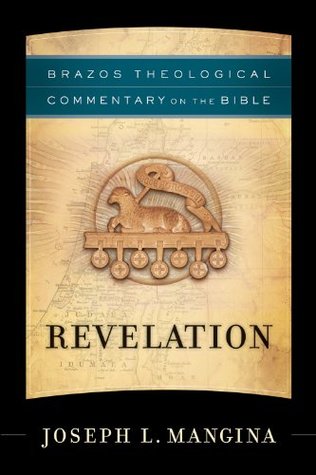Kindle Notes & Highlights
Most simply stated, “apocalypse” is shorthand for Jesus Christ. In the New Testament, in particular for Paul, all apocalyptic reflection and hope comes to this, that God has acted critically, decisively, and finally for Israel, all the peoples of the earth, and the entire cosmos, in the life, death, resurrection, and coming again of Jesus, in such a way that God’s purpose for Israel, all humanity, and all creation is
critically, decisively, and finally disclosed and effected in the history of Jesus Christ.[8]
It was Revelation that taught scholars to discern a family resemblance among a whole class of early Jewish and Christian writings, which we now call “apocalypses.”[10] An apocalypse can be defined as “a form of literature with a narrative framework, in which a revelation or transcendent reality is given by an angel or otherworldly being to a human recipient. Usually the revelation unveils a supernatural world and points to salvation at the end of time.”[11]
Apocalyptic theology might better be thought of as embodying a realism of a higher order.
In the face of the challenge to human life and hope presented by the powers of this world, including the inexorable necessities of biology, entropy, and the rule of death—in Paul’s words, creation’s “bondage to decay”—apocalyptic sets forth an alternative causality, one that gives precedence to life and love.[14]
We can thus see Revelation as a kind of “apocalyptic haggadah,” a rehearsal, a narrative, a memory of an event in the past that is somehow not past, but our present reality, and that toward which all of history is headed.
The Coptic Orthodox Church preserves a memory of these origins in its practice of reading the entire Apocalypse on the vigil night preceding “Bright Saturday,” as Holy Saturday is known in the West.[2] It is the only time the work is read in church.
Apokalypsis Iēsou Christou (“the revelation of Jesus Christ”). Is this a subjective or an objective genitive? That is, is this the revelation that belongs to Jesus Christ, the one that he owns and enacts, or is this the revelation pertaining to Jesus Christ, the revelation that speaks about him? The answer is that it is both. Jesus is both the subject and the object of the apocalypse, both the revealer and the revealed.


